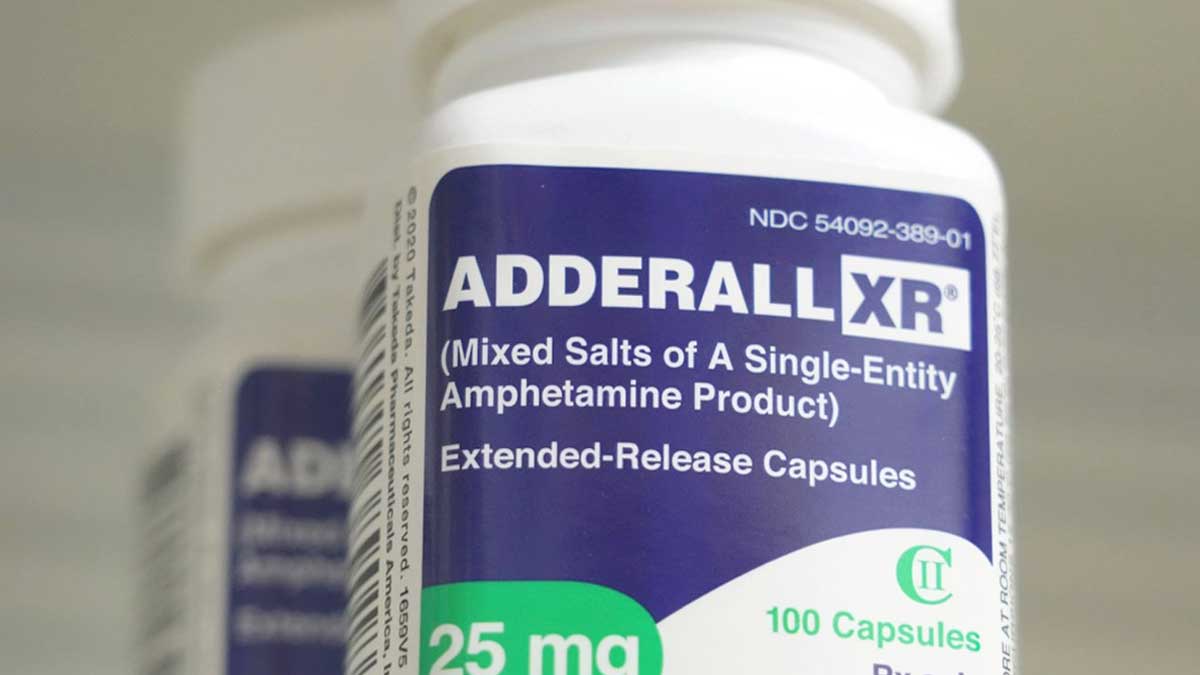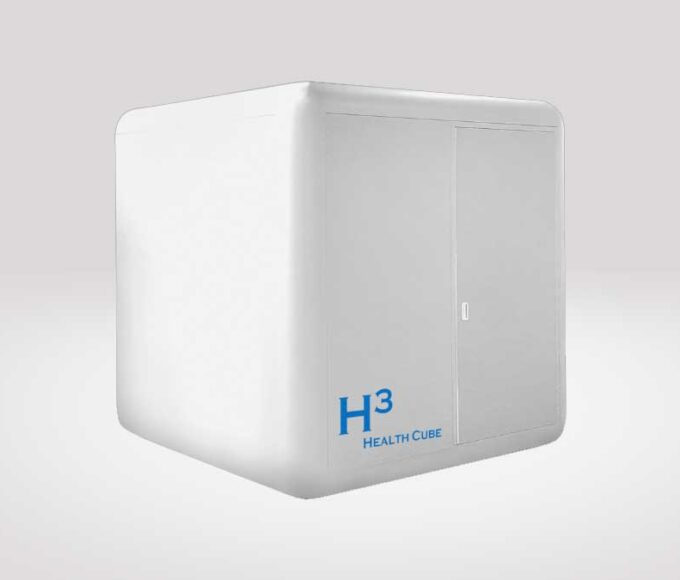- Home
- Billionaires
- Investing Newsletters
- 193CC 1000
- Article Layout 2
- Article Layout 3
- Article Layout 4
- Article Layout 5
- Article Layout 6
- Article Layout 7
- Article Layout 8
- Article Layout 9
- Article Layout 10
- Article Layout 11
- Article Layout 12
- Article Layout 13
- Article Layout 14
- Article Sidebar
- Post Format
- pages
- Archive Layouts
- Post Gallery
- Post Video Background
- Post Review
- Sponsored Post
- Leadership
- Business
- Money
- Small Business
- Innovation
- Shop
Recent Posts
Telehealth Execs’ Arrests May Deepen ADHD Drug Shortage

The recent arrests of two high-ranking executives from a prominent telehealth medication company could exacerbate an already-existing shortage of ADHD medications, potentially affecting the care of over 50,000 patients nationwide, according to warnings from the Centers for Disease Control and Prevention (CDC). The agency strongly advises against seeking treatment from the illegal drug market as an alternative.
The arrests, which took place on Thursday, targeted executives associated with Done Global Inc., a major player in the telehealth industry. The CDC’s health advisory highlights the potential for the shortage of ADHD medications, such as Adderall, Zenzedi, Ritalin, Focalin, and Vyvanse, to worsen as a result of these arrests.
The impact of these arrests extends beyond just patients of Done Global, potentially affecting those who rely on other subscription-based telehealth services as well. The CDC estimates that between 30,000 and 50,000 adults aged 18 and older across all states could face disruptions in their care due to this situation.
Seeking medical care from unregulated sources due to the shortage significantly increases the risk of overdosing from counterfeit pills, some of which may contain dangerous substances like fentanyl, warns the CDC. Additionally, untreated ADHD is associated with various adverse outcomes, including substance abuse, unintentional injuries, suicide, and gambling issues. Healthcare providers are urged to communicate these risks to patients and offer appropriate assistance.
The context for this shortage lies in the increasing demand for ADHD medications over the past several years. A study published in 2021 estimated that 8.7 million American adults have ADHD, with prescriptions for these medications rising steadily. However, the recent arrests of Ruthia He, the founder and CEO of Done Global, and David Brody, the clinical president, have brought to light alleged schemes involving the illegal distribution of Adderall and healthcare fraud, which could further strain the supply of these medications.
He and Brody face serious charges related to their alleged involvement in a scheme to distribute Adderall over the internet, commit healthcare fraud, and obstruct justice. The Department of Justice claims that the duo exploited the COVID-19 pandemic to develop a scheme worth $100 million, providing easy access to Adderall without legitimate medical purpose while defrauding taxpayers. The alleged volume of prescriptions provided by Done Global exceeds 40 million pills of Adderall and other stimulants.
The CDC’s advisory follows a statement from the FDA indicating that the ADHD medication supply had shown some improvement in May. However, challenges in the supply chain, manufacturing issues, and increased prescribing, possibly related to the growth in telemedicine, continue to impact the availability of these medications.
Looking ahead, the FDA predicts a 3.1% increase in the medical use of ADHD medications in 2024, suggesting that demand is likely to remain high.
Recent Posts
Categories
- 193cc Digital Assets2
- 5G1
- Aerospace & Defense46
- AI37
- Arts3
- Banking & Insurance11
- Big Data3
- Billionaires449
- Boats & Planes1
- Business328
- Careers13
- Cars & Bikes76
- CEO Network1
- CFO Network17
- CHRO Network1
- CIO Network1
- Cloud10
- CMO Network18
- Commercial Real Estate7
- Consultant1
- Consumer Tech180
- CxO1
- Cybersecurity68
- Dining1
- Diversity, Equity & Inclusion4
- Education7
- Energy8
- Enterprise Tech29
- Events11
- Fintech1
- Food & Drink2
- Franchises1
- Freelance1
- Future Of Work2
- Games141
- GIG1
- Healthcare78
- Hollywood & Entertainment186
- Houses1
- Innovation42
- Investing2
- Investing Newsletters4
- Leadership65
- Lifestyle11
- Manufacturing1
- Markets20
- Media193
- Mobile phone1
- Money13
- Personal Finance2
- Policy567
- Real Estate1
- Research6
- Retail1
- Retirement1
- Small Business1
- SportsMoney33
- Style & Beauty1
- Success Income1
- Taxes2
- Travel10
- Uncategorized8
- Vices1
- Watches & Jewelry2
- world's billionaires418
Related Articles
What Healthcare Can Learn from Nvidia’s Success
The tech industry is undergoing a seismic transformation, with two of its...
By 193cc Agency CouncilDecember 16, 2024Salmonella Triggers Recalls of Costco Eggs and Cucumbers
The recent salmonella outbreak has prompted the recall of two major food...
By 193cc Agency CouncilNovember 30, 2024Bird Flu Found in Raw Milk in California, Recall Issued
California health authorities have confirmed the presence of the bird flu virus...
By 193cc Agency CouncilNovember 25, 2024UniDoc Health Launches Mobile ‘Health Cube’ for Remote Care
UniDoc Health, a Vancouver-based company, is revolutionizing healthcare accessibility with the launch...
By 193cc Agency CouncilNovember 23, 2024















Leave a comment